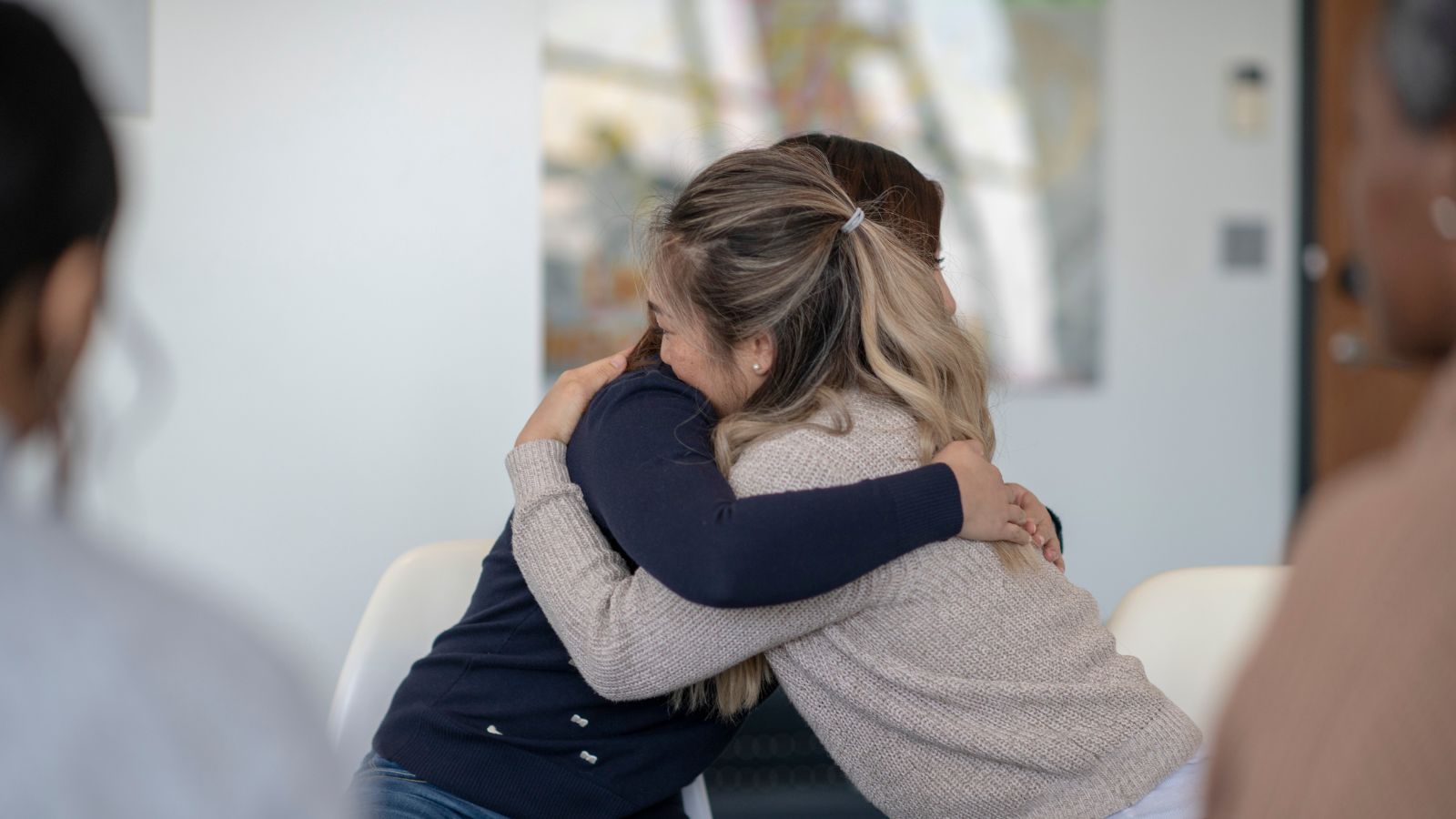Healing becomes much more natural when the body and mind are cared for together. People don’t just need to feel better, they need to feel understood, supported, and safe.
That’s exactly where trauma-focused therapy adds its special value in addiction recovery. It’s not only about stopping a habit. It’s about creating a whole new way of living that feels calm, strong, and confident.
In the peaceful setting of Vancouver Island, surrounded by quiet nature and fresh air, many people are finding recovery through gentle yet deeply focused care.
One special approach that brings long-term results is trauma-informed therapy, especially when it’s combined with caring support, expert staff, and natural surroundings.
Why Trauma-Focused Therapy Is So Valuable in Recovery
Trauma-focused therapy gives people the space to breathe, feel, and heal without pressure. It’s based on understanding how past experiences shape present behavior. And instead of pushing people to fix everything at once, it gently supports healing at a natural pace.
When therapy is designed with trauma in mind, it feels safer. It meets people where they are, with no need to pretend or hide their feelings. Every small step forward builds real trust and real change. The focus isn’t just on addiction but on emotional healing, peace of mind, and mental strength.
This type of care becomes even more powerful when delivered in a calm and quiet place with a small group of clients and a strong support team. Places that offer this kind of setting help people feel at home while they heal, surrounded by mountains, forests, and open skies.
That’s why trauma-focused addiction treatment has been making such a meaningful difference for people who want not just recovery but a better quality of life. When support is kind and personal, healing feels more natural and long-lasting.
A Closer Look at How It Works
Every person is different. So, trauma-focused therapy doesn’t follow a one-size-fits-all method. Instead, care is personalized and thoughtful. Treatment plans are created after detailed assessments that include mental health, physical health, and emotional needs.
Before starting full treatment, a full-body and mind assessment helps set the tone for everything that follows. It’s not rushed. It’s quiet, respectful, and handled by professionals who truly understand how to support recovery in the right way.
Types of Therapies Often Included
Now let’s see how different methods work together inside this kind of healing environment:
- Cognitive Behavioural Therapy (CBT): Helps people look at their thoughts and feelings in a fresh way. It’s practical and solution-focused.
- Dialectical Behaviour Therapy (DBT): Teaches how to manage emotions, build calmness, and respond instead of reacting.
- EMDR (Eye Movement Desensitization and Reprocessing): A special therapy that helps reduce emotional pain from memories.
- Somatic Therapy & Movement Work: Focuses on how the body holds onto stress and teaches calm through gentle physical care.
- Expressive Arts Therapy: Gives a fun and creative way to express feelings using art, music, or storytelling.

Importance of Location and Environment
Healing feels smoother when the setting supports it. A beautiful, natural space helps the heart and mind slow down. Fresh mountain air, ocean views, and peaceful trails make it easier to reflect and feel calm inside.
These quiet surroundings offer the kind of peace most people don’t get in their daily lives. And when paired with a warm, wooden lodge filled with natural light, cozy rooms, and shared understanding, the recovery process feels less clinical and more like home.
And the staff? They’re not just trained professionals—they’re kind, patient, and often carry their understanding of healing, which brings an extra layer of care and comfort.
Support That Stays Even After the Program
The healing doesn’t stop when the program ends. A strong aftercare plan means that each person continues to feel supported even as they go back to everyday life. Ongoing coaching, virtual group meetings, and transition planning make sure no one feels lost during their move back home.
There’s also a thoughtful program for families. Through simple and clear support, families learn how to rebuild trust, improve communication, and feel stronger together. The emotional connection between loved ones is gently rebuilt, which helps everyone move forward with care and confidence.
Programs like these are now part of several treatment centres in bc, helping people feel more settled and confident, not just during recovery but also long after it ends.
Final Thoughts
Trauma-focused therapy isn’t just a nice extra; it’s often the quiet strength behind real, lasting recovery. With the right mix of professional support, a peaceful setting, thoughtful therapies, and long-term care, healing becomes smoother, calmer, and much more meaningful.
By focusing on the full person, not just the addiction, this kind of therapy brings long-term stability and inner calm. People leave feeling more like themselves, full of hope and ready for a more joyful life. And that’s the kind of healing that lasts.
